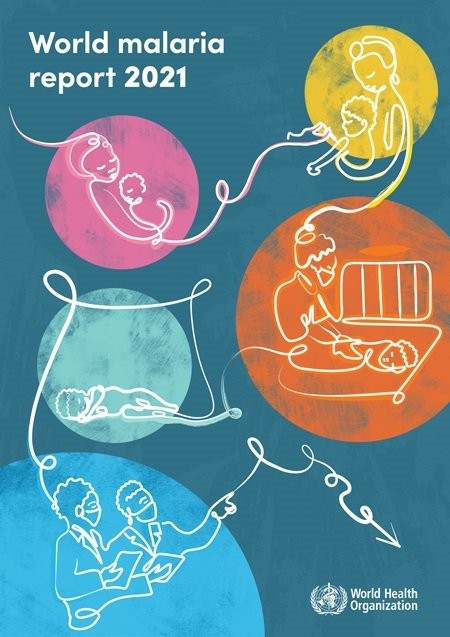World Milk Day 2024 Report – Celebrating Dairy’s Vital Role in Nutrition and Sustainability
This year, on June 1, we celebrated the vital role that dairy plays in delivering…
The World Malaria Report 2021 has recently been released by the WHO. This year, a new methodology was used to calculate the malaria mortality rate in children under 5 since 2000. This has led to revisions in malaria statistics from 2000 till date.
The following are some of the key messages from the report:
 Although the WHO predicted a doubling of malaria-related deaths during the COVID-19 pandemic, malaria-endemic countries averted the worst-case scenario through innovative and urgent responses. 10.6 million lives have been saved and 1.7 billion cases have been prevented since 2000. However, progress against the disease remains uneven. Sub-Saharan Africa still shoulders the heaviest part of the global malaria burden with 95% of global cases and 96% of deaths from the region and it is at risk of losing more ground.
Although the WHO predicted a doubling of malaria-related deaths during the COVID-19 pandemic, malaria-endemic countries averted the worst-case scenario through innovative and urgent responses. 10.6 million lives have been saved and 1.7 billion cases have been prevented since 2000. However, progress against the disease remains uneven. Sub-Saharan Africa still shoulders the heaviest part of the global malaria burden with 95% of global cases and 96% of deaths from the region and it is at risk of losing more ground. Gene drive mosquitoes are innovative approaches to vector-control which could potentially help even out progress on a global scale. Ifakara Health Institute, Target Malaria and University of California, Irvine Malaria Initiative are examples of institutions exploring the use of gene drive tools to help eliminate malaria. Alongside existing tools, gene drive approaches could be a cost-effective, sustainable, and long-term solution tool which may assist high burden countries to gain more ground.
Access the full report here.